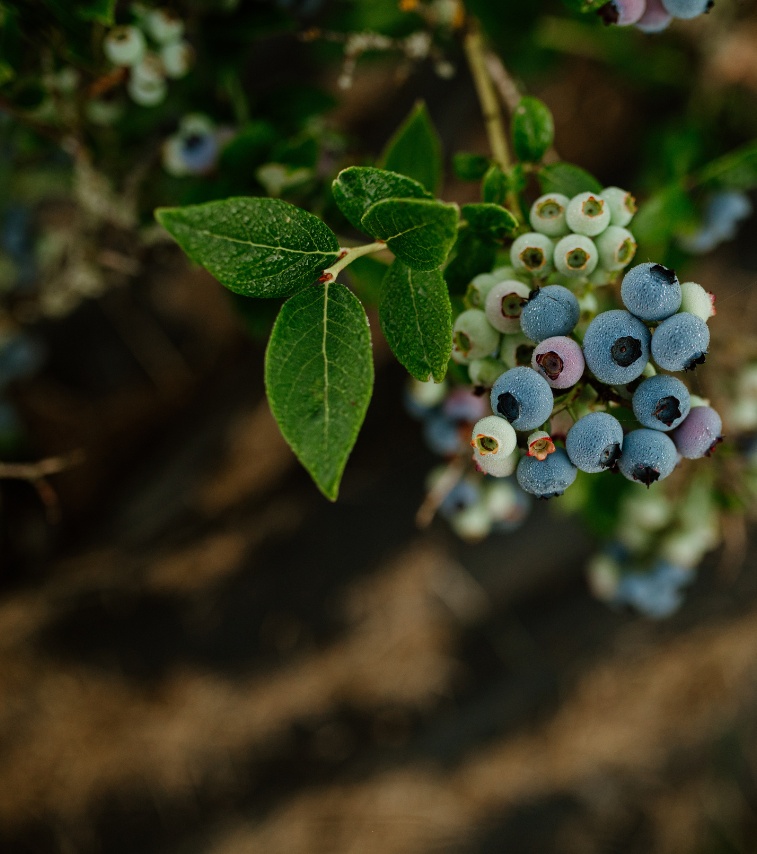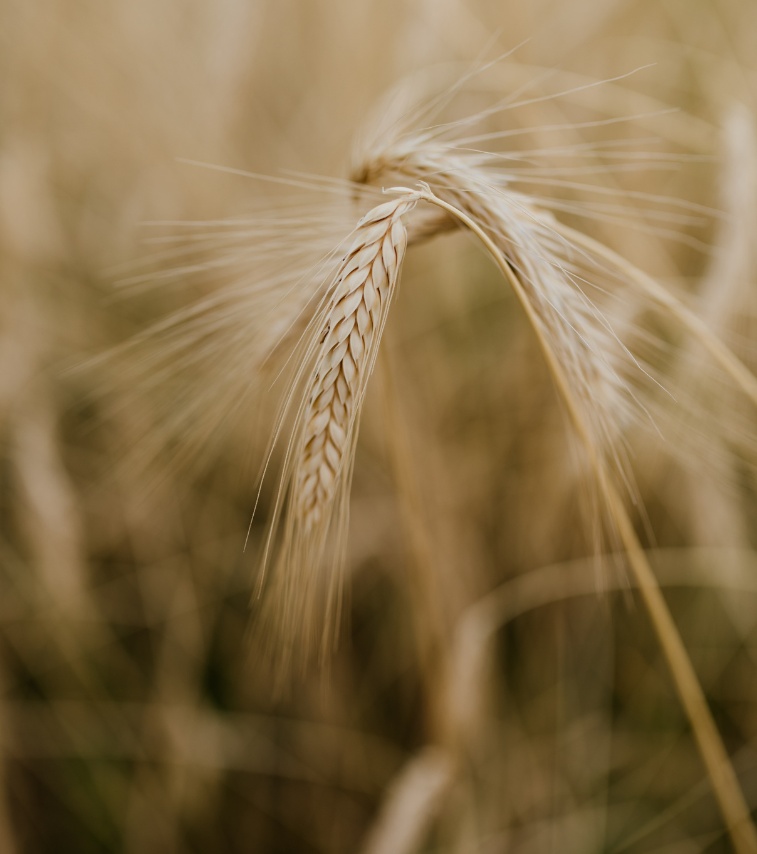What is organic?
Organic agriculture is a production system that sustains the health of soils, ecosystems, and people. It relies on ecological processes, biodiversity and cycles adapted to local conditions, rather than the use of inputs with adverse effects.
Learn more about what it means to be organic

Is it organic?
Here in BC, it’s easy to tell if a food product is truly organic. Thanks to our province’s regulations, all food products marketed as organic must be certified through a provincial or federal program.
Learn more about organic labellingCanadian Organic Standards
Organic agriculture in Canada is governed by rigorous standards that outline the principles, practices and permitted substances used in organic production systems. All products certified under the Canada Organic Regime and the BC Certified Organic Program must meet or exceed these standards.
Learn more about the Canadian Organic StandardsResearch and statistics
Good news: Canada’s organic market continues to grow! There are a record number of certified organic producers across the country, and more consumers eating and using organic products than ever before.

